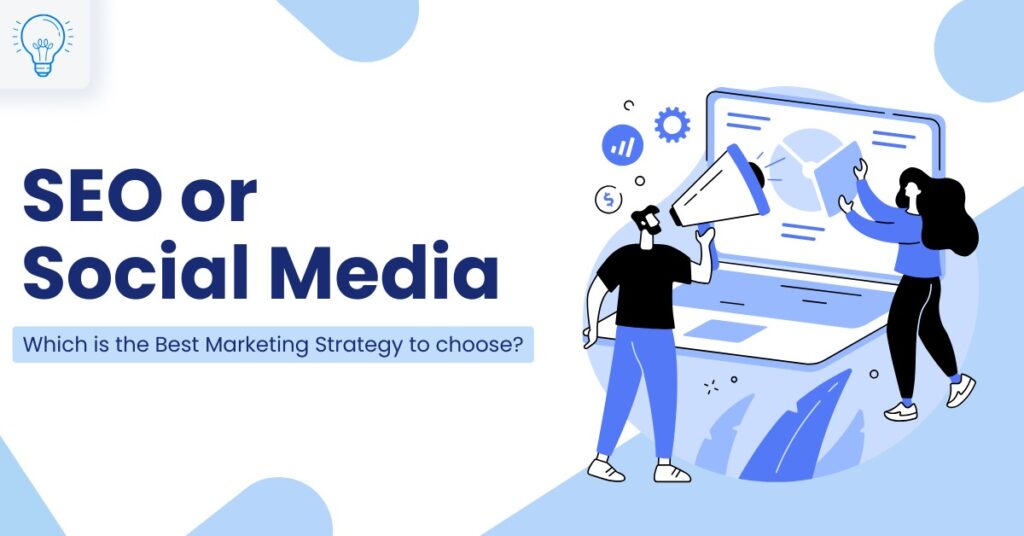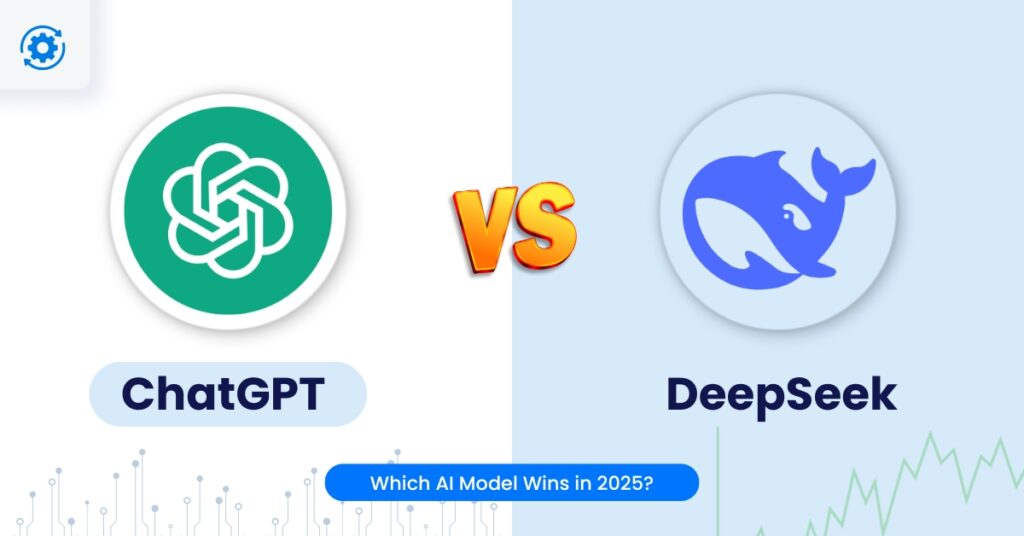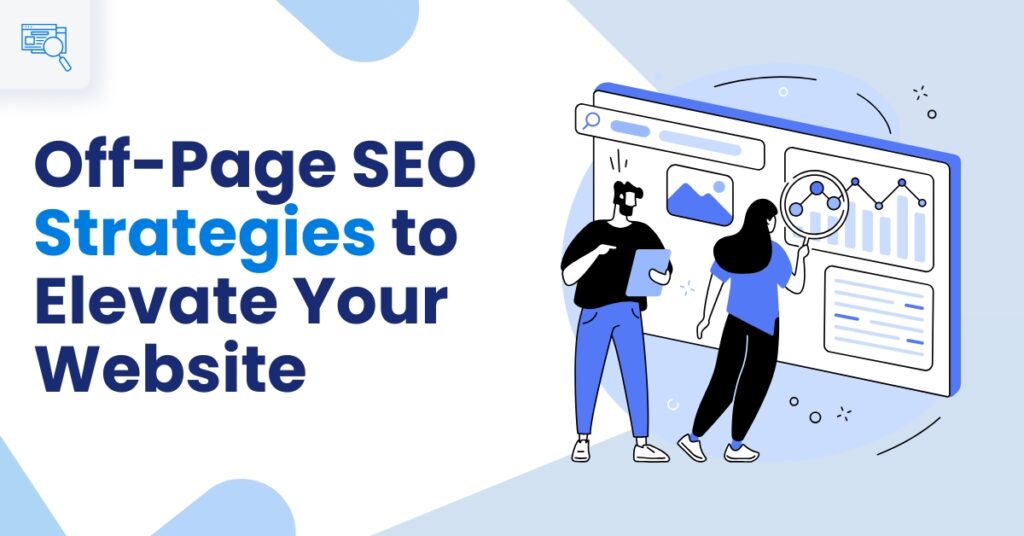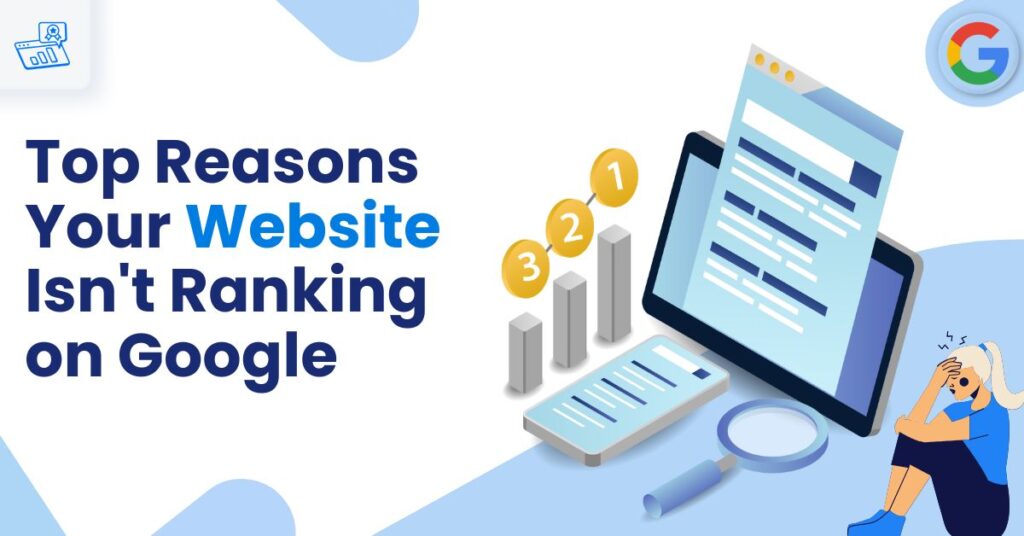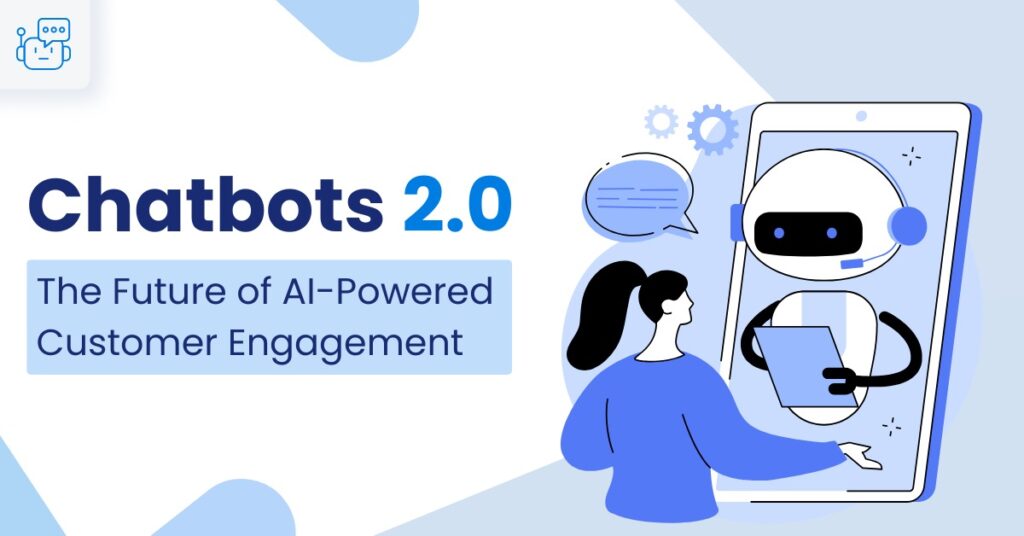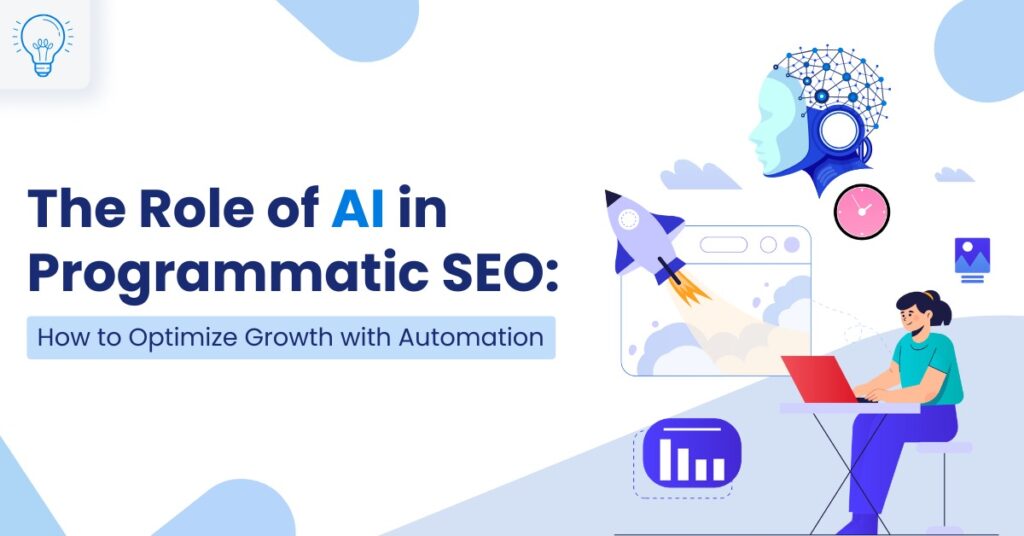With so many marketing channels available, how do you know which one is right for your business? Should you focus on SEO to drive long-term traffic, or is social media the way to build instant brand engagement?
Every business has different marketing goals, and choosing the right strategy can make all the difference. SEO (Search Engine Optimization) and social media marketing are two of the most powerful approaches, widely used to grow brands, generate leads, and increase sales. However, the way they work and their impact on your business can be vastly different.
SEO is all about increasing your website’s visibility on search engines like Google, making it easier for potential customers to find you. Social media marketing, on the other hand, focuses on building brand awareness, engaging with audiences, and driving immediate interactions.
So, which one should you prioritize? In this guide, we’ll dive deep into both strategies, compare their benefits and drawbacks, and help you decide which approach best aligns with your business goals.
Understanding Your Business Goals
Before deciding between SEO and social media marketing, you need to understand your business goals. What are you trying to achieve with your digital marketing efforts? Here are some common objectives:
- Brand Awareness – Getting your name out there so potential customers recognize and trust your brand.
- Lead Generation – Capturing potential customer information to convert them into paying clients.
- Sales Growth – Directly increasing revenue by driving customers to make a purchase.
- Audience Engagement – Building a loyal community that interacts with your brand regularly.
Each of these goals requires a different approach. If your primary aim is long-term visibility and credibility, SEO is an excellent choice. It helps your website rank higher on Google, attracting organic traffic from people actively searching for your products or services.
On the other hand, if you want immediate engagement and quick brand recognition, social media is the better option. It allows businesses to interact with their audience in real time, respond to trends, and create viral content that spreads quickly.
Understanding where your audience spends time is also crucial. Search engine users often have high intent, meaning they are looking for specific information or solutions. Social media users, however, are more passive consumers, engaging with content as they scroll through their feeds.
The Power of SEO – When to Choose It
SEO is a powerful digital marketing strategy that focuses on optimizing your website so it appears higher in search engine results. When done correctly, SEO drives organic traffic to your site, meaning people find you naturally without the need for paid ads.
How SEO Works
SEO consists of several key elements:
- Keyword Optimization – Identifying and strategically using search terms that potential customers type into Google.
- On-Page SEO – Improving elements on your website, such as meta titles, descriptions, headers, and image alt texts.
- Off-Page SEO – Building backlinks from other reputable websites to increase domain authority.
- Technical SEO – Ensuring your website is fast, mobile-friendly, and properly structured for search engines.
Benefits of SEO
SEO provides businesses with a sustainable, long-term strategy to attract potential customers. Here’s why it’s a game-changer:
- Long-Term Visibility – Unlike social media posts that disappear quickly, SEO helps your content stay relevant for months or even years.
- Credibility and Trust – Websites that rank higher on Google are often seen as more trustworthy and authoritative.
- Cost-Effectiveness – While SEO requires an initial investment, it reduces the need for ongoing ad spending.
- Targeted Traffic – Users searching for specific keywords are more likely to convert compared to passive social media audiences.
When SEO Might Not Be the Best Choice
Despite its advantages, SEO isn’t a quick fix. It requires time and consistent effort. Businesses that need immediate results might find it challenging to rely solely on SEO. Additionally, search engine algorithms change frequently, meaning your SEO strategy needs continuous updates.
The Impact of Social Media Marketing
Social media marketing is an essential tool for businesses looking to create brand awareness and engage with their audience directly. Platforms like Facebook, Instagram, LinkedIn, Twitter, and TikTok offer unique ways to reach potential customers and build relationships.
How Social Media Marketing Works
Social media marketing involves:
- Creating engaging content – Posts, videos, reels, stories, and infographics that resonate with your audience.
- Community building – Interact with followers through comments, messages, and live sessions.
- Paid advertising – Running targeted ads to reach a specific demographic.
- Influencer partnerships – Collaborating with social media influencers to increase reach and credibility.
Benefits of Social Media Marketing
Social media is powerful because it delivers quick results and allows businesses to connect with their audience in real time. Key benefits include:
- Instant Brand Awareness – A well-crafted post or campaign can gain massive visibility within hours.
- Engagement and Interaction – Social media enables businesses to communicate directly with their audience, fostering relationships.
- Viral Potential – Content has the ability to go viral, reaching millions without a massive budget.
- Flexible and Adaptable – Businesses can experiment with different content formats and trends to stay relevant.
Challenges of Social Media Marketing
Unlike SEO, which builds long-term traffic, social media requires constant activity. A single post might gain traction for a few days, but then it’s replaced by newer content. Additionally, social media algorithms keep changing, making it harder for organic reach to be consistent.
Comparing SEO vs. Social Media – Which One Wins?
There’s no one-size-fits-all answer. Both SEO and social media have their own strengths and weaknesses.
- SEO is best for businesses looking for long-term growth, credibility, and cost-effective marketing.
- Social media is perfect for brands that need quick engagement, brand awareness, and interactive communication.
Here’s a simple way to decide:
- Need immediate results? → Go for social media.
- Want sustainable traffic and leads? → Choose SEO.
- Targeting a young, highly engaged audience? → Use social media.
- Looking for evergreen content that ranks on Google? → Invest in SEO.
The Hybrid Approach – Why Not Both?
Many successful brands combine SEO and social media for maximum impact. Here’s how you can do the same:
- Use Social Media to Boost SEO Content – Share blog posts on social platforms to drive traffic.
- Repurpose Content Across Channels – Turn a blog post into an Instagram carousel, a Twitter thread, or a LinkedIn article.
- Leverage Social Signals for SEO – Social shares and engagement can improve your content’s credibility in Google’s eyes.
- Run Paid Social Ads to Support SEO – If a blog post is performing well, promote it on social media to increase visibility.
Conclusion
Both SEO and social media marketing are essential in today’s digital world, but they serve different purposes.
- SEO is perfect for long-term brand visibility and organic growth.
- Social media is great for real-time engagement and instant awareness.
- A hybrid approach ensures maximum reach and sustainable results.
Before choosing a strategy, analyze your business goals and audience behavior. Need expert help? Work with Gravitas, which is a results-driven digital marketing agency in Hyderabad to create a winning marketing strategy tailored for your business.
Frequently Asked Questions
Absolutely! Combining SEO and social media can maximize your reach and engagement. SEO ensures long-term, organic traffic, while social media helps create immediate buzz and customer interaction. When used together, they complement each other by driving traffic from different channels and improving brand awareness.
SEO is a long-term strategy typically taking 3 to 6 months to yield noticeable results. The time frame depends on factors like keyword competition, website optimization, and backlink strategy. On the other hand, social media can provide instant visibility and engagement, sometimes within hours or days, depending on the content’s virality and audience interaction.
For small businesses, SEO is a cost-effective long-term investment that provides sustainable traffic. However, social media can be helpful for quick brand exposure without a high budget. A mix of both—investing in SEO while leveraging organic social media growth—can be the best approach for budget-conscious businesses.
Your decision should align with your business objectives. If you want consistent and long-term website traffic, prioritize SEO. If your goal is instant engagement and brand interaction, focus on social media. Ideally, businesses should integrate both for a well-balanced marketing strategy.
- SEO: In-depth blog posts, long-form guides, case studies, and keyword-optimized content.
- Social Media: Short-form videos, reels, memes, interactive polls, and engaging infographics.
By tailoring content to each platform’s strengths, businesses can optimize their online presence and drive better results.

